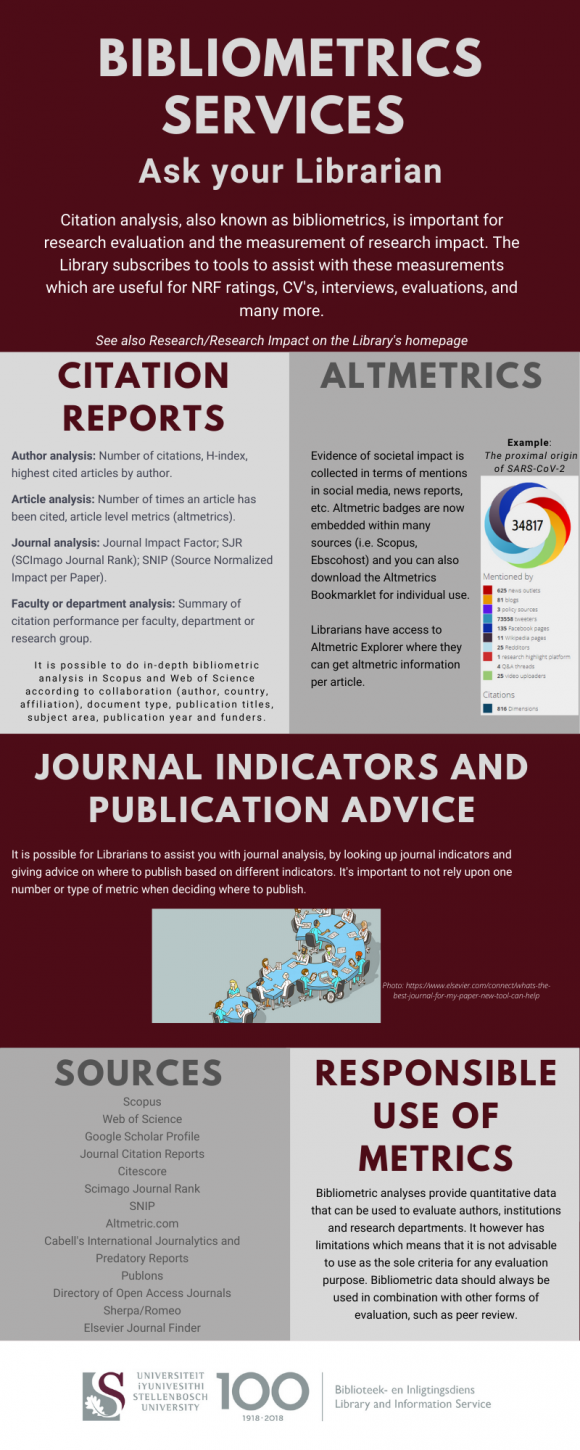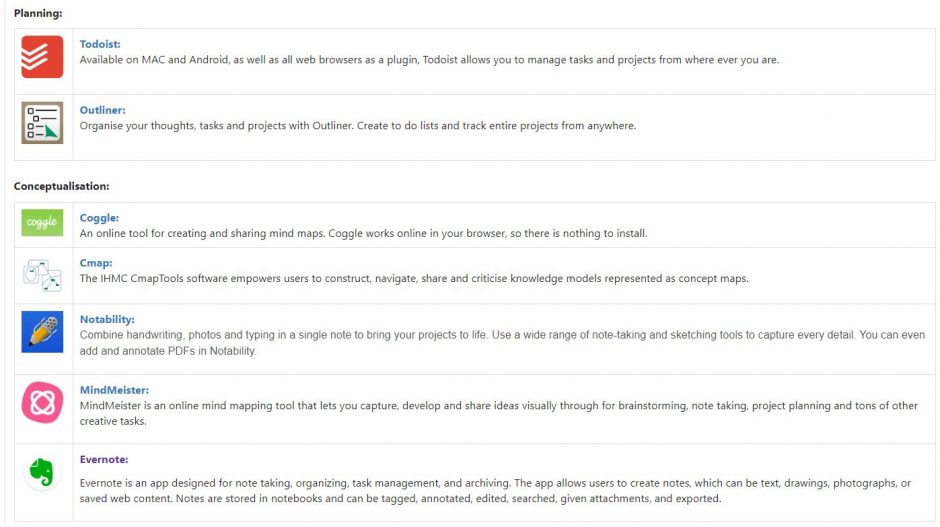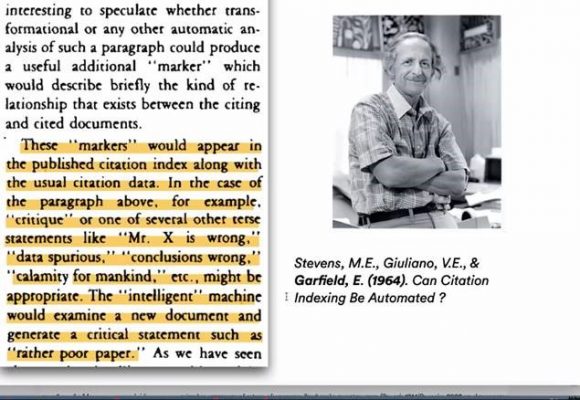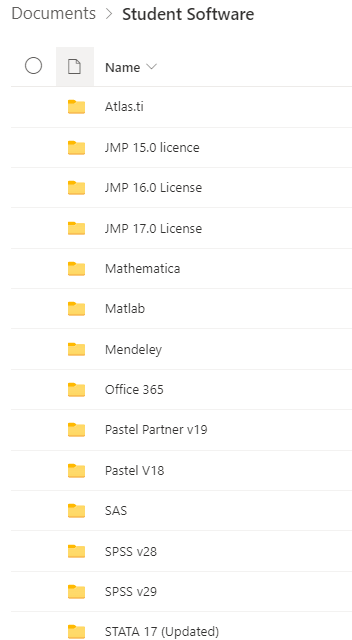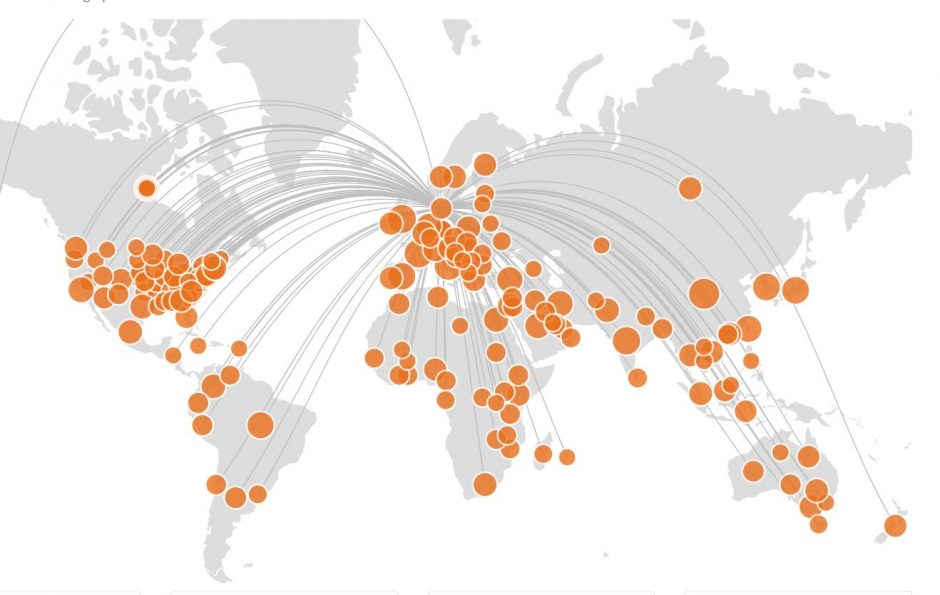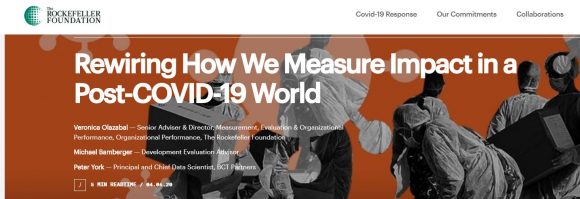Research Square has partnered with Dimensions to provide early citation data on preprints. It lets you share your work early, gain feedback from the community, and start making changes to your manuscript prior to peer review in a journal.
About Research Square
Research Square is a division of the Research Square Company, and exists to make research communication faster, fairer, and more useful. The preprint platform, launched in 2018, is a large, author-centric preprint server that brings transparency to the peer review process. Through the journal-integrated In Review service, innovative author dashboard, manuscript assessments, and research promotion services, they enable researchers to share their research with the broader community,and receive useful feedback much earlier in the publication process.
https://www.researchsquare.com/researchers/preprints
https://www.researchsquare.com/journals (See the list of participating journals)
Also read this blogpost and view the short recording of a webinar on “the role of preprints in elevating trust in peer review”.

